“Time is the most valuable asset you don’t own”, Mark Cuban, an American entrepreneur, once said.
AI agents and AI automation tools both promise ‘free time’ for businesses.
But out of two, which one really pulls off?
In 2025, this question weighs on laymen and businesses alike. Why? Businesses are confronting a difficult-to-decide problem when it comes to AI solutions, AI agents or AI tools. Whereas, laymen are encountering job insecurities and fear of stagnation.
Each AI tool, solution, agent or app claims to be a ticket to improving productivity and efficiency among teams.
Granted, AI automation excels at handling repetitive, rule-based tasks with predictable outcomes. Having said that, AI agents can tackle more complex challenges calling for deeper insights, well-thought-out reasoning and adaptation.
Therefore, businesses are measuring the gravity of this situation.
Suppose a business chooses the wrong AI agent or automation to save costs. A few weeks later, the result can be frustrated employees, wasted resources, and missed opportunities. And the most important asset, time, is lost in between.
In this blog, we’ll review both side by side, underlining capabilities, real-world applications, and careful considerations to help you make an informed decision about which AI solution saves you time, energy and money.
So be with us till the end.
What is AI Automation, and how does it work?
AI automation is an intricate design of the automation process with predefined artificial intelligence features.
So, AI automation is all about static rules, task-specific and daily work routines.
And, it operates best in stable environments.
For instance, robotic process automation (RPA) combines with machine learning. After that, RPA extract data, classifies documents, or handles basic queries.
Afterwards, AI automation pushes efficiency, reduces cost, and guarantees accuracy in high-volume, rule-bound processes.
Characteristics of AI Automation
- Follows rules
- Repetitive tasks
- Speed
- Efficiency
- Dependent on human insight
What are AI Agents, and how are they different?
In contrast to AI automation, AI agents are intelligent systems that operate autonomously to achieve specific goals.
They interact with their environment, make decisions, and take actions without continuous or zero involvement of humans. Hence, it simulates human awareness.
Not only focusing on tasks, but also accomplishing their goals. They work with their set of unique memories, generative AI and reasoning. Indeed, they act, not just respond or react to something.
Characteristics of AI Agents
- Independent
- Learning ability
- Stores previous actions and experiences
- Interactivity
- Gives a live point of view
- Human-like awareness and decision-making
A Tabular Comparison between AI Automation & AI Agents
The comparison table doubles down on an important difference between AI Automation & AI Agents: So, look below and guess which one will save your time, money and energy.
| Feature | AI Automation | AI Agents |
| Model Updates | Manual retraining required | Self-modifies over time |
| Adaptability | Minimal; and cannot handle unexpected changes | Dynamic; and adjusts to new inputs and environments |
| Context Awareness | Limited to training data | High (real-time + memory) |
| Decision-making | Reactive, rule-based | Proactive and reasoning-driven |
| Best Environment | Static conditions | Dynamic, high-variability |
| Learning | Typically static; no continuous improvement | Learns and evolves over time |
Time-Saving Potential in Real-World Use Cases
Below is a review of real-life usage examples of AI automation and AI agents. This review uncovers how AI automation and AI agents deliver countable efficiency gains across businesses. Therefore, let’s look beyond theory.
- Customer Support: Scripted Bots vs Conversational Agents
You know that feeling when you’re trapped in an endless chatbot loop? Undoubtedly, it’s the same robotic bot that never gets what you’re saying, just circles back. Until you want to scream. That’s AI automation.
Now, imagine an AI that actually gets you. An AI that learns how you talk, understands what you need, and solves your problem in minutes. Take Klarna’s AI agent as an example, which handles over 75% of chats in 35 languages, and it does it in just two minutes.
Thus, dead-end vs real solution.
- HR Automation: Resume Sorting vs Autonomous Interview Scheduling
Hiring used to mean sifting through a mountain of resumes. We’ve all been there using the basic keyword screeners, but they’re just so slow.
Right now, AI agents are doing the entire process. From finding talent to scheduling interviews automatically. This frees up time and focus on the real work. The American Heart Association saw a 200% boost in finding candidates and spent 50% more time talking to them. Yet other companies are automating 80% interview emails.
- Finance: Invoice Processing vs Fraud Detection Agents
Businesses are seeing a drop in invoice processing costs and errors thanks to AI. AI automation is a game-changer for routine finance tasks. That’s impressive. On the other hand, AI agents go a step further. They actively fight fraud by monitoring transactions in real-time, catching threats before they cause trouble. These smart systems continue to learn and update security on their own.
- IT Operations: Scheduled Tasks vs Self-Healing Systems
Mostly, traditional IT automation relies on rigid schedules. AI is changing that quickly. AI agents are “self-healing” systems that use data to find and fix issues on their own. Thereafter, they even predict peak demand and automatically scale resources to prevent problems before they start. This shift from reactive to proactive is a game-changer. Gartner predicts it will free up IT teams to spend 30% more time on strategic projects.
When to Use What: Decision Matrix for 2025
Making the right choice between AI automation and AI agents depends on several factors. To determine which truly saves time in 2025, consider these 3 questions that suit your specific needs.
- Is the task repetitive or dynamic?
- Does it require contextual understanding?
- How important is auditability and control?
Can you imagine AI automation and AI agents together? Take a look below.
Hybrid Models: When Agents and Automation Work Together
It turns out the best way to use AI is to combine AI automation and AI agents. In it, a lot of major projects succeed.
Think of it this way: AI automation handles the simple, predictable tasks, like a reliable machine. In contrast, AI agents jump in for the tricky, unpredictable stuff that requires real-time decisions. And, this teamwork boosts efficiency and helps businesses adapt to new challenges, giving them a real competitive edge.
Conclusion
AI automation and AI agents save time similarly, yet in different ways.
Think of AI automation as a fast, reliable robot. It’s perfect for simple, repetitive jobs with clear rules, like processing invoices. It delivers immediate results and is cheaper to get started.
AI agents are more like intelligent employees. They can handle complex, changing situations and learn as they go. At first, it costs more. But they soon get smarter over time and proactively prevent fraud.
Many businesses and laypeople will benefit from using both. Letting automation handle the simple stuff and using agents for complex tasks. Therefore, it’s not about which one is better, but which one fits the job? The best approach is to match the right AI tool to the right problem to truly save time.
FAQs
1. What are the 4 types of AI agents?
The most common classification of AI agents includes five types: Simple Reflex Agents, which act on current perceptions; Model-Based Reflex Agents, which maintain an internal model of the environment; Goal-Based Agents, which act to achieve specific goals; Utility-Based Agents, which choose actions to maximise satisfaction or utility; and Learning Agents, which improve performance over time through experience.
2. Are AI agents just automations?
AI is not just about automation. It is about creating scalable, measurable solutions that enhance efficiency, improve decision-making, and unlock new opportunities for innovation.
3. Can AI agents replace RPA?
Still, many organisations are using traditional RPA. Soon, AI agents will be there handling complex and dynamic tasks that require decision-making capabilities, while RPA will continue to be used for repetitive, rule-based processes.
4. Which jobs cannot be replaced with AI?
The healthcare field (doctors, therapists), education (teachers), skilled trades (electricians, plumbers), the arts (artists), and strategic leadership roles (managers). These job roles necessitate nuanced human judgment, emotional intelligence, hands-on problem-solving, and interaction with dynamic, unpredictable environments that current AI cannot fully replicate.
5. What are the four main rules for an AI agent?
These are the four main rules all AI agents must adhere to:
- Rule 1: An AI agent must be able to perceive the environment.
- Rule 2: The environmental observations must be used to make decisions.
- Rule 3: The decisions should result in action.
- Rule 4: The action taken by the AI agent must be rational.
6. What is next after AI agents?
Artificial General Intelligence (AGI) is the next step after AI agents. AGI has an immense potential to revolutionise research, creativity, and problem-solving.
Relevant Blogs:

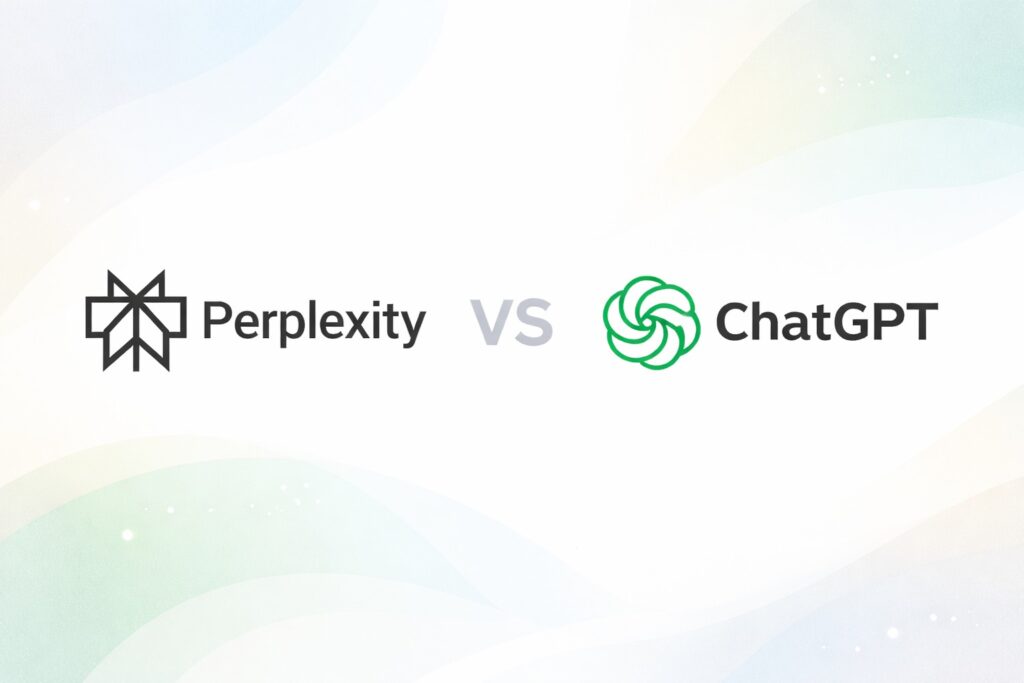
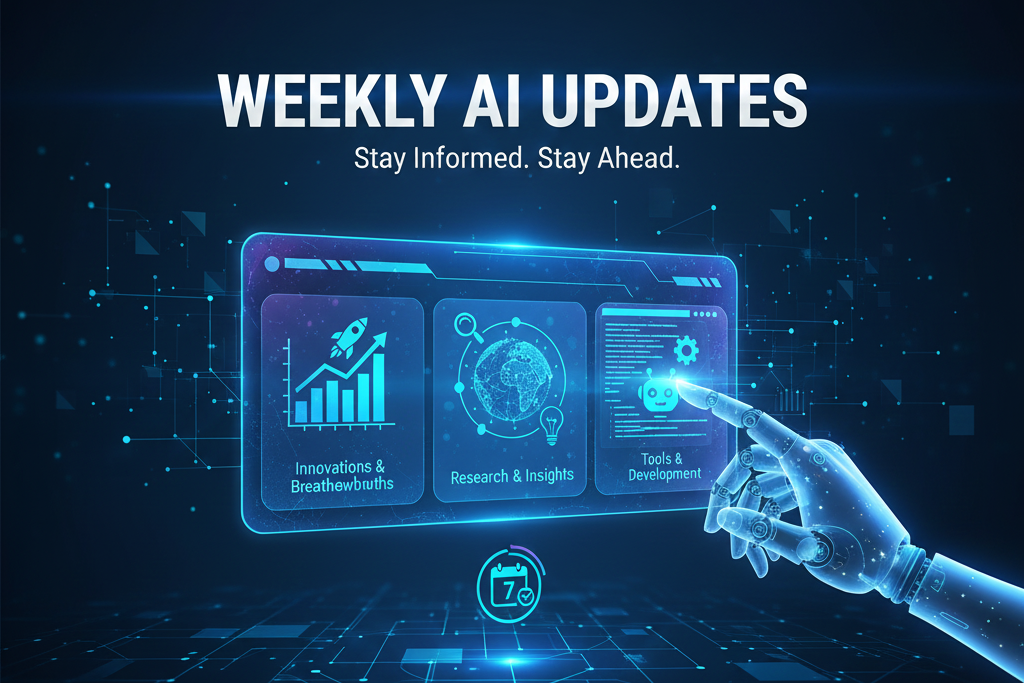
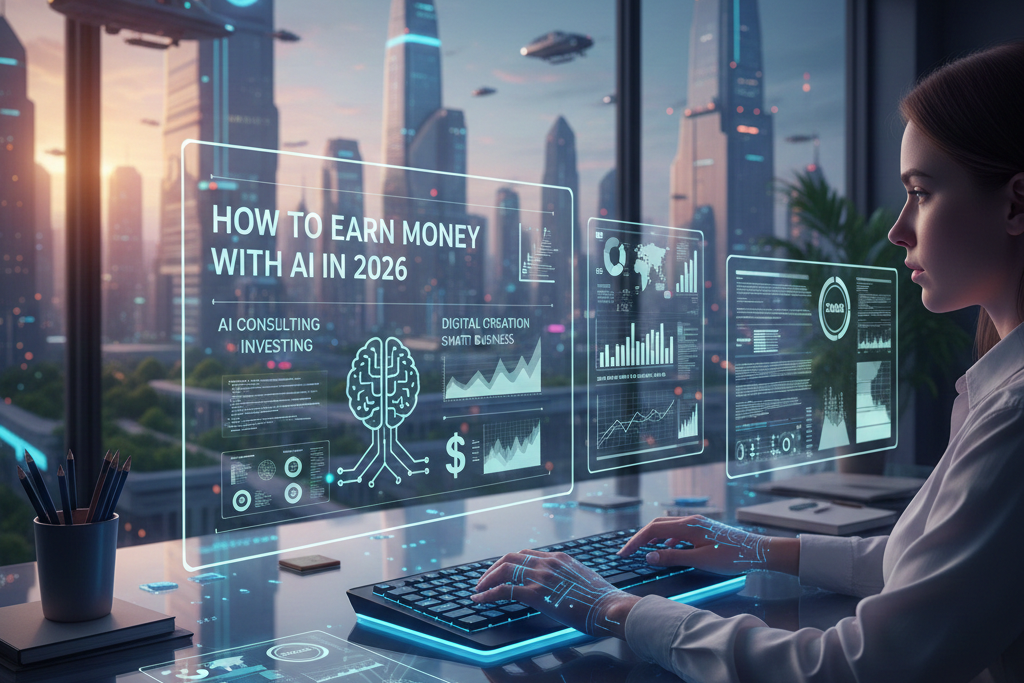
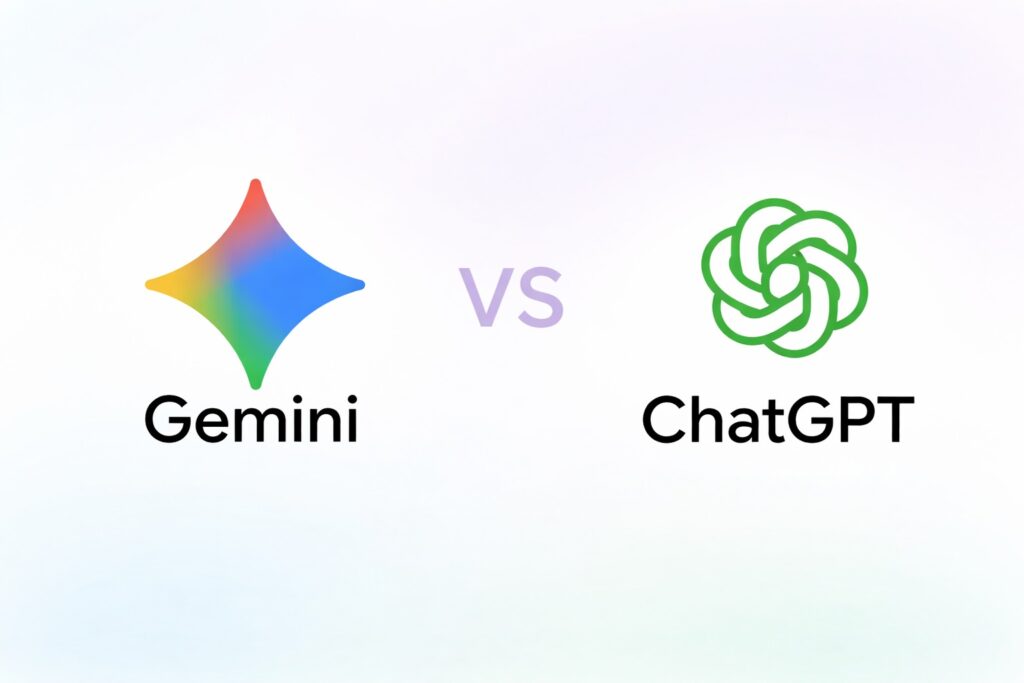
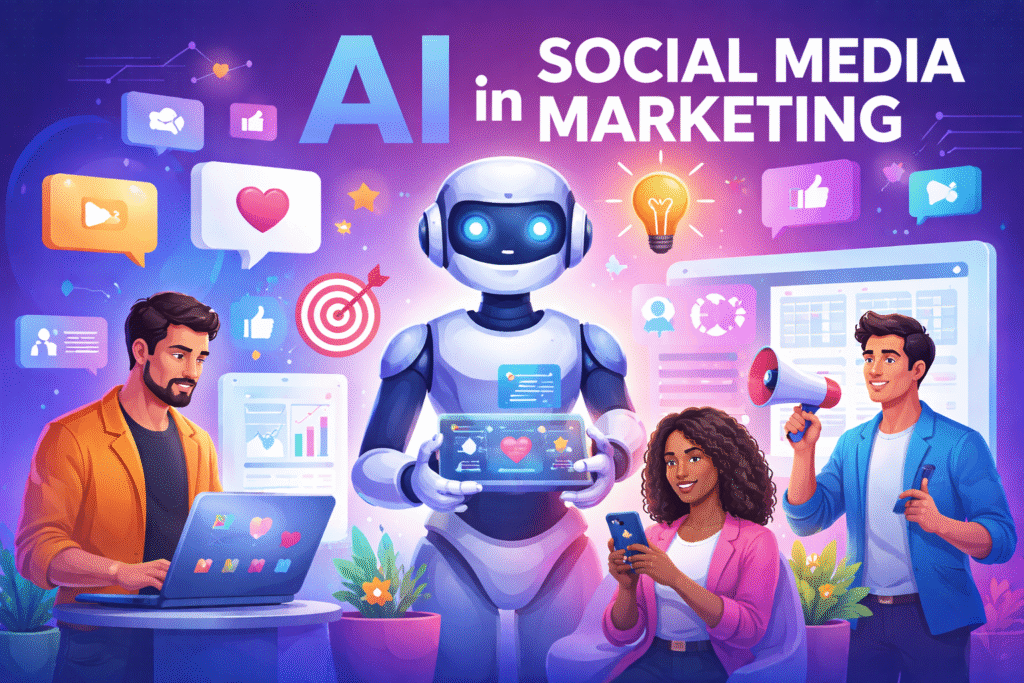
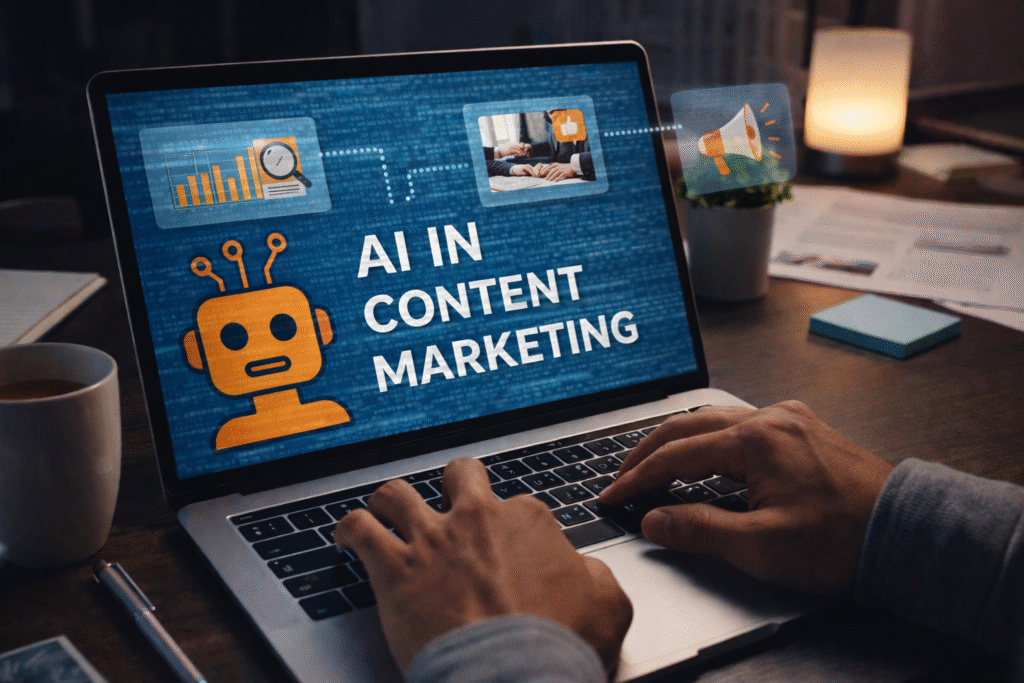
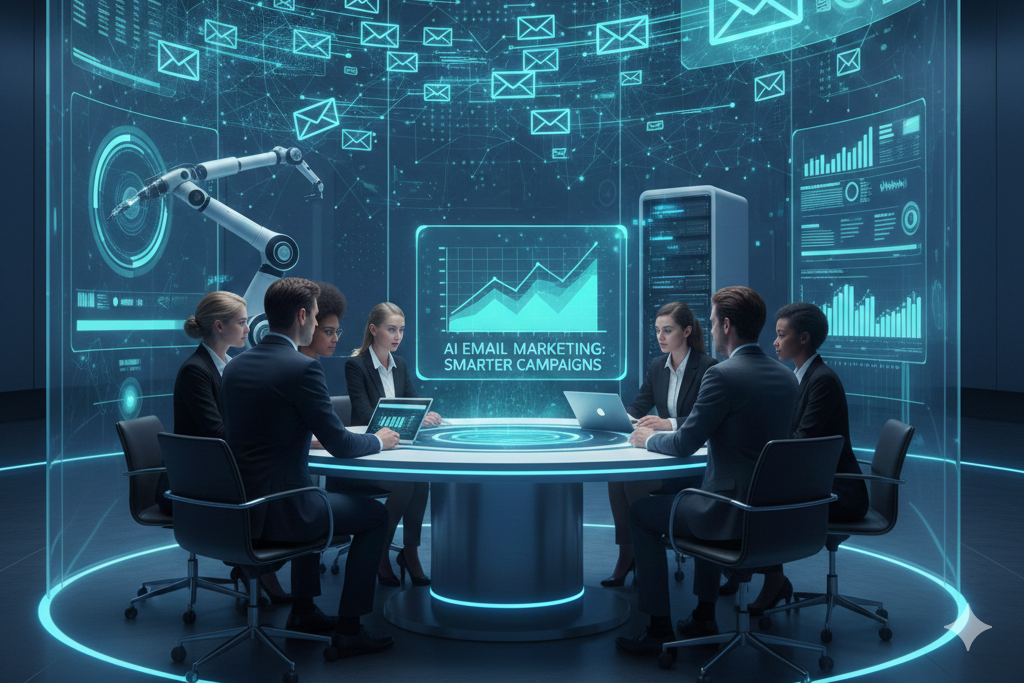
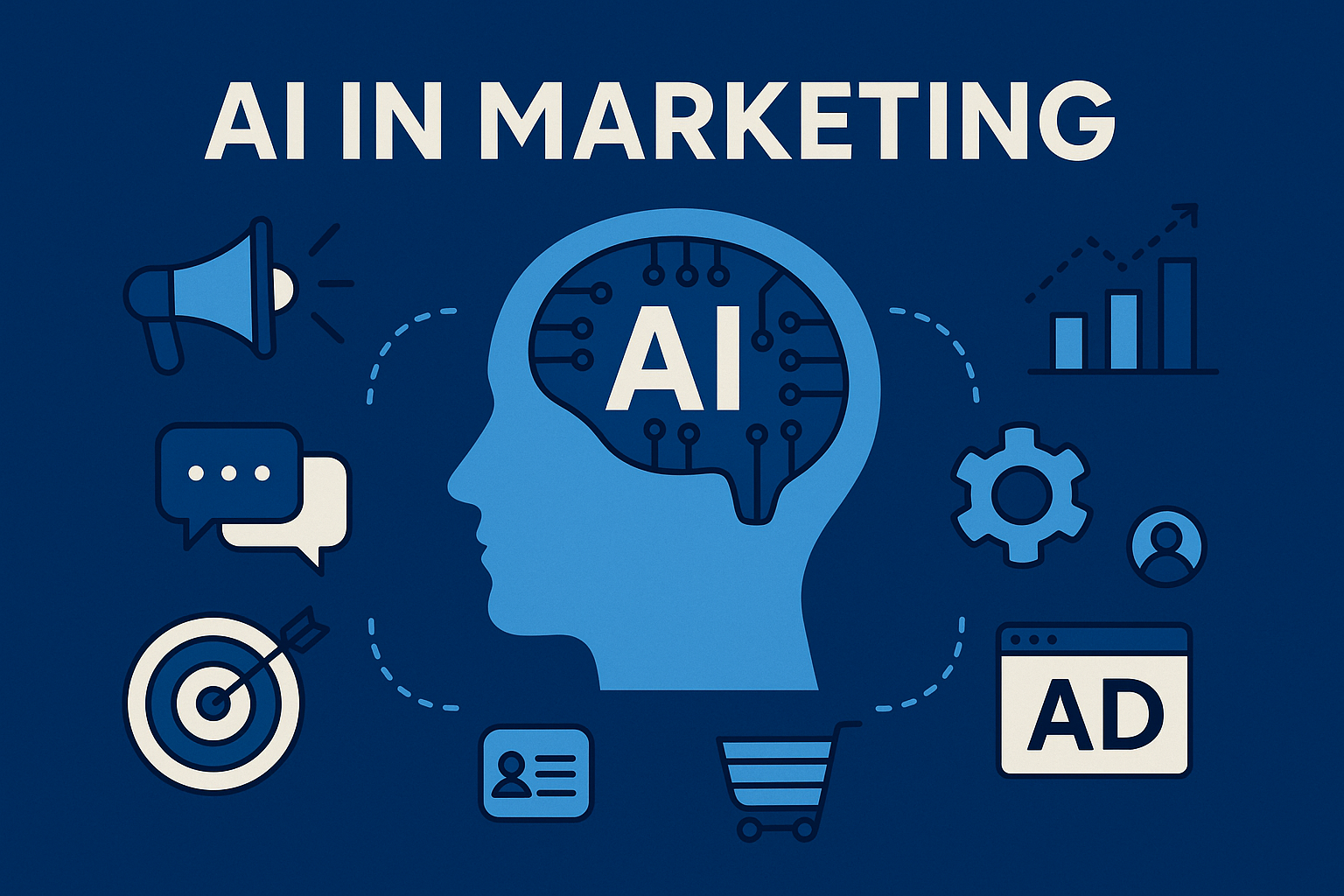
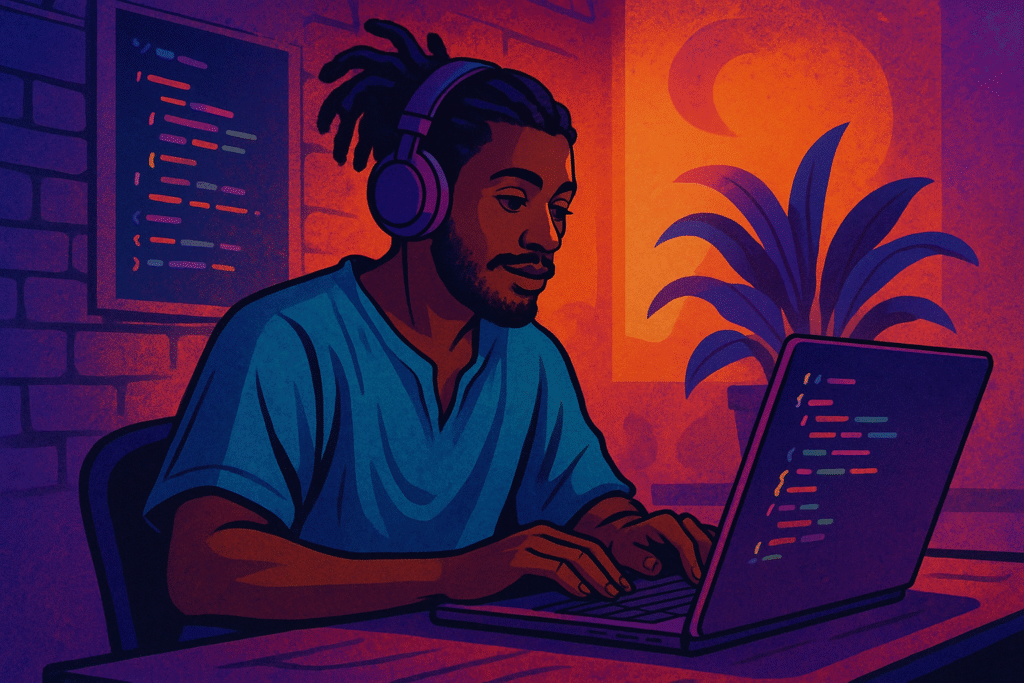

1 comment